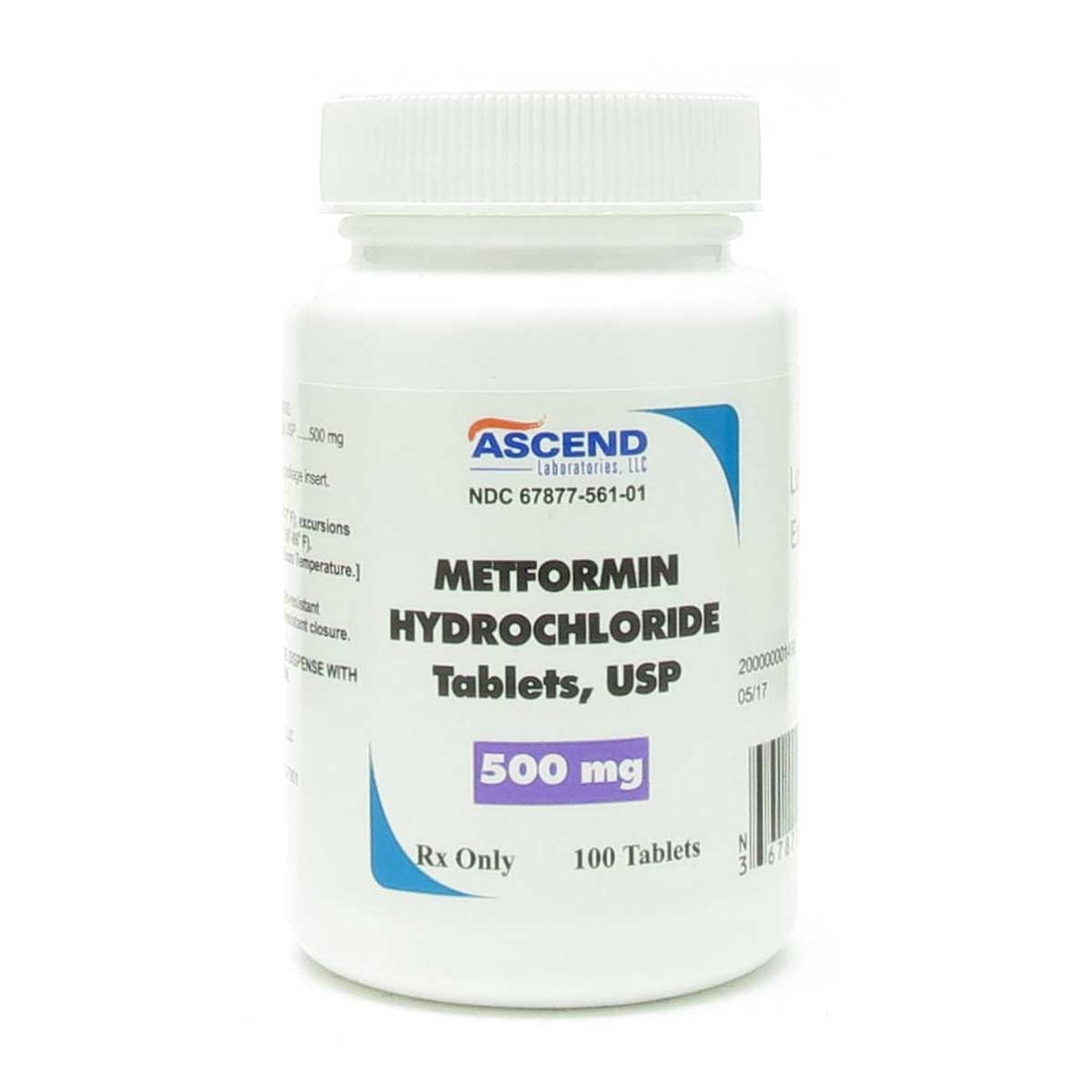 |
The effects of oral metformin may have been limited because of the nature of the advanced stage of AMD included within the patient population. Photo: McGuff Medical. Click image to enlarge. |
Editor’s Note: As part of our “Year in Review” retrospective, we’ve selected the top 30 news stories of the year and are re-sharing them as we close out 2023. Follow along as we count down to number 1!
This story was originally published December 6, 2023.
No. 2 biggest news story of 2023:
Geographic atrophy (GA), the advanced stage of dry age-related macular degeneration (AMD), affects over five million people worldwide, with characteristic progressive degeneration of photoreceptors, retinal pigment epithelium, Bruch’s membrane and choriocapillaris in the setting of extracellular deposits. These results can be devastating over time, but those with GA have more recently seen potential slowing through metformin’s effects on multiple biologic pathways, as well as two recent FDA approvals of GA-specific drugs.
To test whether metformin, a drug used for treating type 2 diabetes, could slow GA progression, a team of researchers conducted randomized Phase II clinical trial that included 66 patients aged 55 or older without diabetes and had GA from atrophic AMD in at least one eye. Oral metformin at 1,000mg twice daily was given to 34 participants (57 eyes) and the observation group included 32 participants (53 eyes).
The mean enlargement rate of GA area was 0.35±0.04mm/year in the observation group and marginally higher, at 0.42±0.04mm/year, in the treatment group. Mean decline in best-corrected visual acuity was 4.8±1.7 letters/year for the observational group and 3.4±1.1 letters/year in the treatment group. Minimal improvement was also seen in low luminance visual acuity, of which decline was 7.3±2.5 letters/year in the observation group and 0.8±2.2 letters/year in the treatment group.
Safety profile was acceptable, with only 14 participants in the metformin group experiencing adverse events, all of which were non-serious; most consisted of gastrointestinal issues. However, six out of the 32 metformin group participants did withdraw due to tolerability issues. Most systemic side effects resolved spontaneously or were managed with temporary reduction of metformin dosage.
Due to the marginal results seen, the clinical trial does not support use of oral metformin having effects on GA progression reduction, the researchers stated in their paper on the study. Potential reasons for lack of more robust observational differences may lie in limited statistical power, since enrollment goal of 50 participants was not met, as well as the possibility that it may take longer than 18 months (the period observed in this study) of oral metformin use to result in significant effects on GA. Other reasons for lack of positive results could be due to those with more aggressive GA potentially more likely to drop out of the observational group for experimental treatment elsewhere and that the sheer advanced state of GA in these participants did not lend itself well to metformin’s efficacy.
Again, it should be noted that the results of this study are not consistent with positive data seen for metformin use with wet AMD. Research released just last month found that metformin reduced the odds of developing new-onset neovascular AMD (nAMD). That work was more statistically powerful, given the 86,930 subjects diagnosed with nAMD and 86,918 matched controls in the study.
However, this incongruence does reflect the recent study authors’ admission that the stage of AMD observed in this clinical trial may be too advanced for metformin to work at maximum efficacy. As they explain, “It is possible that the AMD treated in this trial was too advanced to respond to therapy and that treatment would need to be started earlier in the disease process, including AMD patients who either do not have GA or those with GA less than 1.25mm2.”
Shen LL, Keenan JD, Chahal N, et al. METformin FOR the MINimization of geographic atrophy progression (METforMIN)—a randomized trial. Ophthalmol Sci. November 2023. [Epub ahead of print]. |

